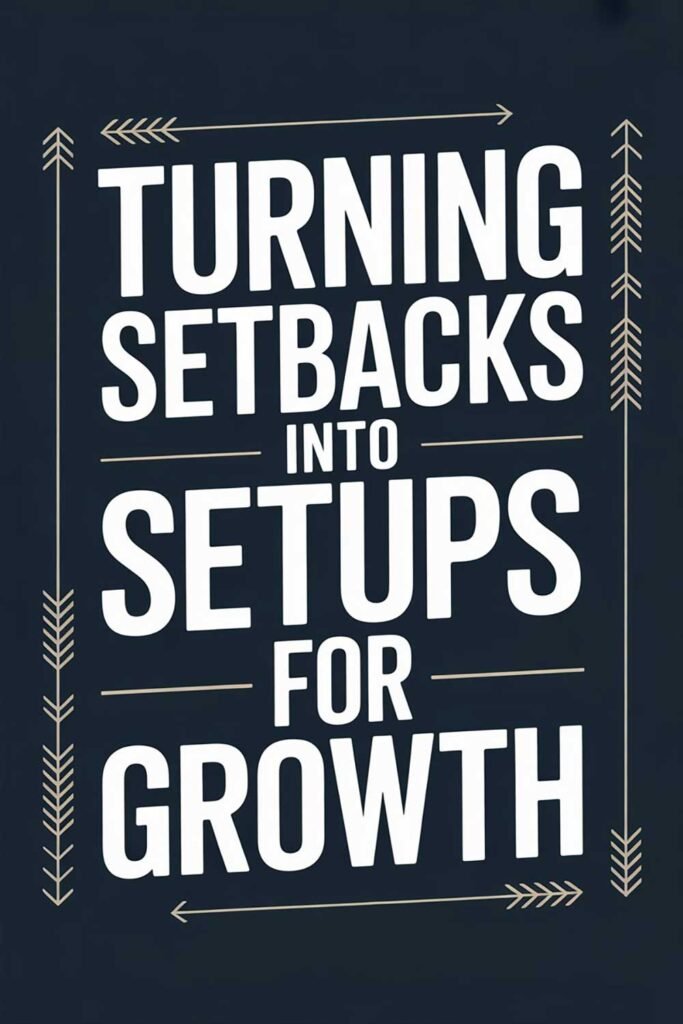How to Set SMART Money Goals That Stick
Financial success doesn’t happen by chance. It takes planning, commitment, and most importantly, clarity. One of the most effective ways to build long-term financial security is by setting SMART money goals – goals that are Specific, Measurable, Achievable, Relevant, and Time-bound. Without this framework, most goals stay in our heads, vague and unfulfilled.

Let’s break down what it means to set SMART money goals and how to make them stick.
What Are SMART Goals?
SMART is an acronym that ensures your financial goals are clear and reachable:
- Specific: The goal is clearly defined and unambiguous.
- Measurable: You can track your progress and know when you’ve achieved it.
- Achievable: The goal is realistic, based on your current situation.
- Relevant: It aligns with your larger financial or life goals.
- Time-bound: There is a deadline to create urgency and focus.
This system turns your wishes into actionable plans that lead to real, lasting change.
1. Be Specific About What You Want
“I want to save more money” is vague. “I want to save $5,000 for a down payment in the next 12 months” is specific.
The clearer your goal, the easier it is to map out how to achieve it.
Real-life example: Lena wanted to take a debt-free vacation. Instead of saying, “I want to travel,” she set a SMART goal: “Save $3,000 for a two-week Europe trip by July 1st.” She broke it down into weekly savings targets and cut non-essentials. She reached her goal two weeks early.
2. Make It Measurable
Your money goal needs a number. If you can’t measure it, you can’t manage it.
Track your progress with:
- A savings tracker
- Debt payoff thermometer
- Budgeting apps
- Automatic transfers with milestones
Real-life example: Jared used a budgeting app to measure his credit card payoff journey. His goal was to pay off $10,000 in 10 months. Every month, he tracked his progress, celebrated milestones, and stayed accountable.
3. Ensure It’s Achievable
Set goals that stretch you without breaking you. Unrealistic goals can lead to frustration and quitting.
Ask:
- Can I realistically reach this with my current income?
- What will I need to change to make this possible?
Real-life example: Maya was drowning in student loans and wanted to pay them off in two years. After assessing her income, she revised her goal to five years with aggressive biweekly payments. She adjusted her timeline, kept the plan, and avoided burnout.
4. Keep It Relevant
Your goal should match your bigger financial vision. Don’t chase someone else’s goal—chase your dream.
Ask:
- Does this goal support my long-term financial health?
- Is it something I actually care about?
Real-life example: Derek set a goal to buy a new car but realized what he really wanted was financial freedom. He shifted his goal to building a 6-month emergency fund, which gave him security and confidence.
5. Add a Time Frame
Deadlines create urgency and help you stay focused. Without a time frame, goals get postponed indefinitely.
Break larger goals into:
- Monthly benchmarks
- Weekly actions
- Daily habits
Real-life example: Claire wanted to save $1,000 for holiday gifts. She started in September, giving herself 12 weeks. She saved $85 weekly and avoided holiday credit card debt entirely.
6. Write It Down and Review Often
Written goals are more likely to be achieved. Put your goals:
- In a financial journal
- On a vision board
- In a budgeting app
- As reminders on your phone
Real-life example: Tony wrote his financial goal on sticky notes all over his bathroom mirror: “Save $10K by December 31.” That daily reminder helped him resist impulse spending and stick to his budget.
7. Break It Into Micro Goals
Big goals can feel overwhelming. Break them down into:
- Weekly savings targets
- Monthly debt payoff chunks
- Daily money habits (no-spend challenges, logging expenses)
Real-life example: Samantha broke her goal of saving $20,000 for a house into monthly deposits of $834. She created automatic transfers to a high-yield savings account and treated it like a non-negotiable bill.
8. Celebrate Milestones
Celebration reinforces behavior. When you reach mini-goals, reward yourself (in budget-friendly ways).
Ideas:
- Enjoy a small treat (coffee, movie night)
- Share your success with a friend
- Reflect in your journal
Real-life example: Emma celebrated every $1,000 she paid off on her student loan by treating herself to a small, guilt-free indulgence. It made the journey exciting, not dreadful.
9. Make It Visible and Visual
Seeing your progress keeps you motivated. Try:
- A vision board with your goal
- A money jar or visual thermometer
- Progress charts on your wall
Real-life example: Bryan and his partner created a colorful wall chart showing their emergency fund progress. Each week they filled in a new section, making it a shared and fun challenge.
10. Make Adjustments When Needed
Life happens. If your financial situation changes, update your goal—don’t abandon it.
Ask:
- Is the timeline still realistic?
- Can I tweak the strategy?
- What’s the most important part to preserve?
Real-life example: Isla lost her job halfway through a savings goal. She paused her automatic savings, reworked her budget, and focused on essentials. Once employed again, she resumed with a revised timeline and eventually met her goal.
20 Motivational Quotes About SMART Money Goals
- “A goal without a plan is just a wish.” – Antoine de Saint-Exupéry
- “Discipline is the bridge between goals and accomplishment.” – Jim Rohn
- “The key to success is to focus on goals, not obstacles.” – Unknown
- “Set your goals high and don’t stop till you get there.” – Bo Jackson
- “You can’t manage what you don’t measure.” – Peter Drucker
- “Financial freedom is available to those who learn about it and work for it.” – Robert Kiyosaki
- “Small disciplines repeated with consistency every day lead to great achievements.” – John Maxwell
- “Success is the sum of small efforts, repeated day in and day out.” – Robert Collier
- “Dream big. Start small. Act now.” – Robin Sharma
- “When it is obvious that the goals cannot be reached, don’t adjust the goals, adjust the action steps.” – Confucius
- “Saving is a great habit, but without investing and tracking, it just sleeps.” – Manoj Arora
- “What gets measured gets improved.” – Robin Sharma
- “Don’t count the days, make the days count.” – Muhammad Ali
- “Success usually comes to those who are too busy to be looking for it.” – Henry David Thoreau
- “If you aim at nothing, you will hit it every time.” – Zig Ziglar
- “Money grows on the tree of persistence.” – Japanese Proverb
- “Budgeting isn’t about limiting yourself. It’s about making the things that excite you possible.” – Unknown
- “Financial goals are dreams with deadlines.” – Napoleon Hill
- “The best way to predict your future is to create it.” – Abraham Lincoln
- “Success is not in what you have, but who you become.” – Eric Thomas
🧰 Picture This
Imagine logging into your bank account and seeing your goal amount sitting there. You smile, remembering the sacrifices, the charts, the wins. You didn’t just set a goal—you crushed it. You feel empowered, focused, and confident in your ability to shape your financial future. And best of all, you know this is just the beginning.
Wouldn’t that feel incredible? What SMART money goal will you start today?
💬 Please Share This Article
If this post inspired you or helped you feel more in control of your financial future, share it with someone who needs to read it. Let’s all win together.
⚠️ Disclaimer
This article is based on personal experience and for informational purposes only. Results vary and should not be considered financial advice. Please consult a financial professional before making major decisions.






